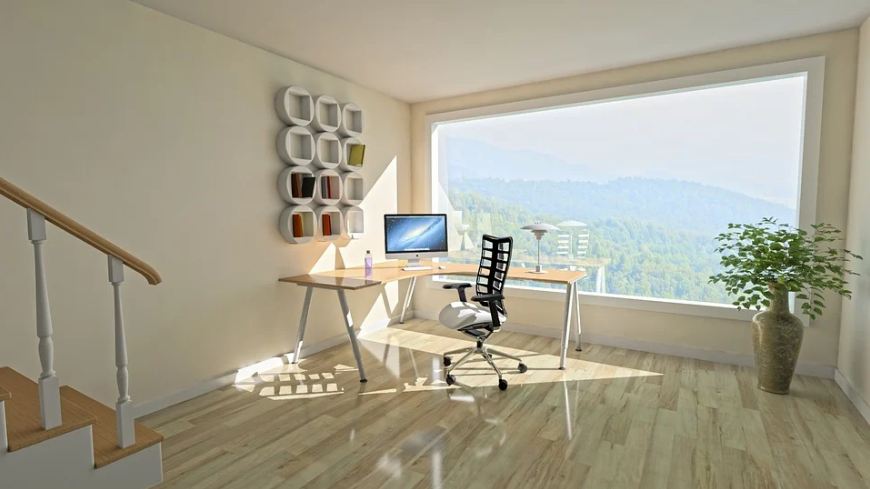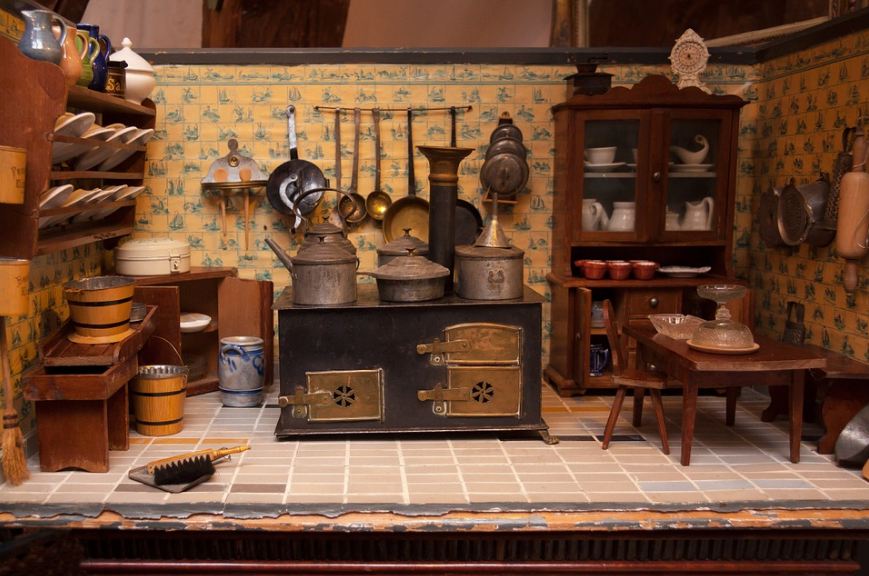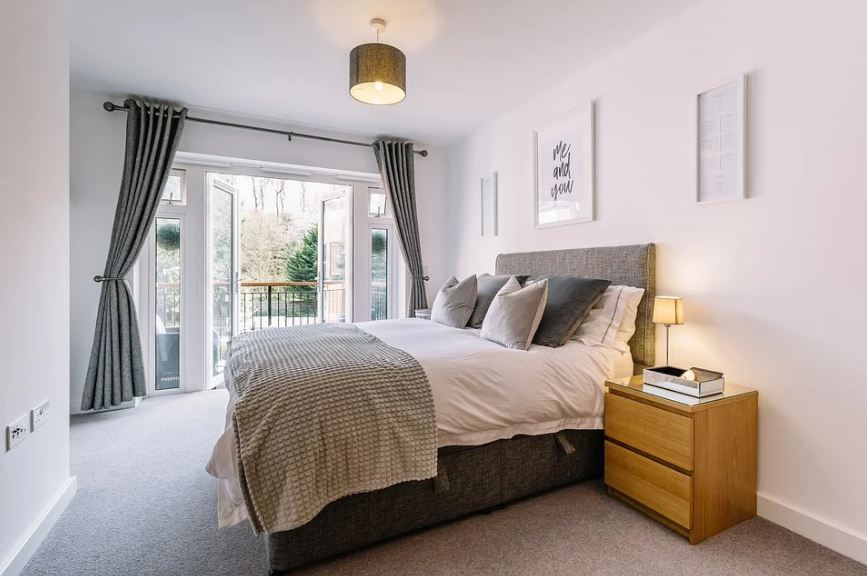Name 10 important things, but you can discard or let go of them and still live comfortably without them. Do you think you can simply put them out of your house without feeling any trouble accomplishing a task or without distracting you from doing things effectively? Can you simply sip a cup of good coffee in the morning and not bothered by their absence? If you answer ‘yes,’ then you can be a candidate for a minimalist life.
WHAT IS MINIMALISM?
Some people have an aversion to the idea of minimalism thinking that is sacrificing thing and not taking advantage of all that modern life offers. Although it’s a negative idea to some, if they find out what true minimalism means, they can perhaps give it a try and enjoy the benefits it can give to them, and even improve their life.
Being a minimalist means you have a changed state of mind. It’s living with contentment and seeing more than what you have to what you need. It gives you that stress-free and worry-free life of not thinking of the things that you don’t have.
Minimalism doesn’t always require discarding things. There are other ways minimalism can be done that do not require any real sacrifices. It gives much weight to valuing yourself over material things by making decisions based on just saving and acquiring things that you only need-even buying a thing regardless of its cost.
THE BENEFITS OF A MINIMALIST LIFE
Gives you more space
Minimalism can be done in stages, especially if you are just new to it. You may start by only getting rid of things they no longer need.
Some of the space-consuming stuff include closets, cabinets, and drawers. If you can get rid of some of them, you will be opening up more space in your home. It will allow more space to move around. More importantly, you will be letting go of things you were holding onto. This gives you freedom-both emotional and physical.
Fewer stuff means more money
Sometimes, you just have a habit of hoarding things, buying things that you don’t actually need, but just love to see them at home. However, the more you train yourself just to purchase nothing but just a need, you can save your money for much essential and important things in the future or start a small investment or pay a debt. As you get rid of stuff and luxuries in the home, this opens up chances for other things. The dependency on money in a minimalist lifestyle is much lower.
Gives you more energy
Notice that the more you have things, the more clutter you must deal with and more energy to clean them up and put them in the right places. The beauty of minimalism is that it’s a choice, and it does not give rules which are right or wrong when downsizing a life.
It is also totally dependent on a person’s choice. Some people find it more rewarding to continue with their minimalism journey, and they see great results and larger benefits. Having less but achieving more and feeling so much better.
Gives you freedom from the passion to Possess
We are always delighted about the idea of abundance; that’s why we love to possess many things. Modern culture even puts into our minds that the good life is found in accumulating things and in possessing as much as possible. We thought that “much” and “extra” is better for a very long time and have unconsciously supported the idea that happiness can be purchased in shops and department stores.
When you start accepting minimalism, it will free you from that strong addictive desire to possess. It will teach you the importance of gratefulness and embrace the simplicity in life that makes you feel more abundant.
Less Fear of Failure
Life on Earth is temporary. You might be staying to where you are right now, but you won’t be sure that you will be there forever. The more things you have possessed and stored, the more emotional stress and anxiety you will experience whenever you cannot bring some of the most valued things you have given so much value and spending.
On the bigger picture, some people fear death, fearing that they will also be leaving all the things they have acquired in their lifetime. Meanwhile, Buddhist monks have no fear because they don’t have anything to lose.



